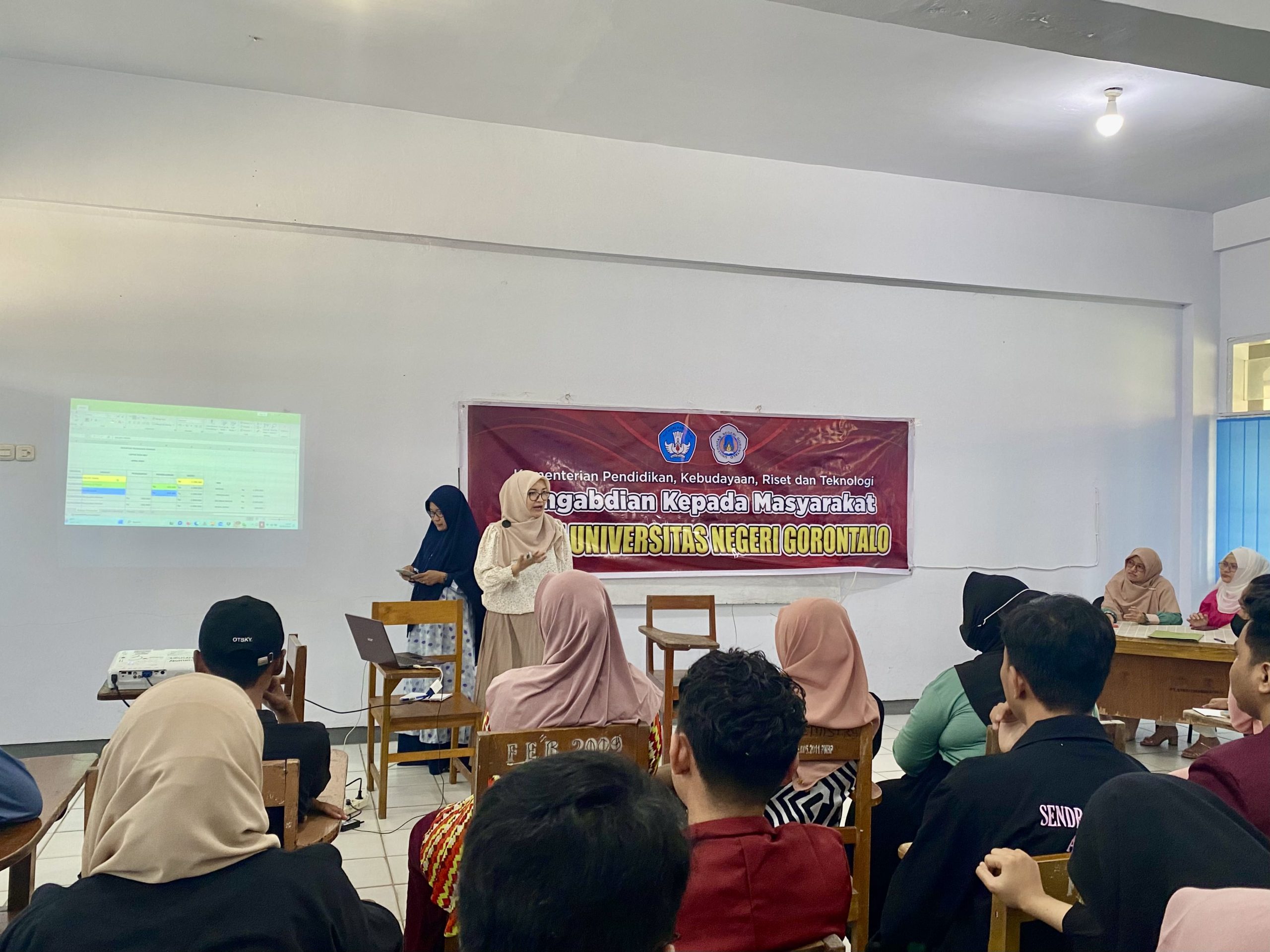READ.ID –In recent decades, technology has transformed almost every aspect of life, including the world of accounting. From automating manual processes to applying artificial intelligence, technology has played a crucial role in improving efficiency, accuracy, and transparency in accounting. This article explores how technological advances are impacting the accounting profession and what to expect in the future.
Digital Transformation in Accounting
- Process Automation: One of the most significant impacts of technological advancement is the automation of accounting processes. Modern accounting software can automate routine tasks such as recording transactions, generating financial statements, and managing taxes. This not only reduces the risk of human error but also allows accountants to focus more on analysis and strategic decision-making.
- Cloud Accounting: Cloud technology has revolutionized how companies store and access their financial data. With cloud accounting, financial data can be accessed anytime and anywhere, as long as there is an internet connection. This is particularly useful for companies with multiple branches or those that need real-time access for quick decision-making.
- Data Analytics and Big Data: Advances in data analytics allow accountants to process and analyze large amounts of data quickly and accurately. The use of big data in accounting helps in making more accurate predictions, detecting patterns, and identifying risks early on. Accountants can now provide deeper insights to management based on comprehensive data analysis.
- Artificial Intelligence (AI): AI is beginning to change how accountants work by automating more complex tasks such as financial data analysis, auditing, and fraud detection. For example, AI-based software can analyze thousands of transactions in a short time to find anomalies that may indicate errors or fraud. Additionally, AI can be used to provide financial recommendations based on automatically performed data analysis.
- Blockchain: Blockchain technology offers higher transparency and security in financial reporting. In accounting, blockchain can be used to record transactions permanently and immutably, which helps prevent fraud and ensure data integrity. Blockchain also simplifies auditing by providing transparent and traceable records of every transaction.
Impact on the Accounting Profession
- Changing Roles of Accountants: With many routine tasks automated, the role of accountants has shifted from data entry to strategic advisors. Accountants are now more involved in financial analysis, tax planning, and data-driven business decision-making. They also need to develop skills in using new technologies and data analysis to remain relevant in the job market.
- Ethical and Security Challenges: While technology brings many benefits, there are also challenges to address, especially regarding data security and ethics. For example, the use of AI in accounting can raise questions about accuracy and accountability when mistakes occur. Additionally, with more data stored digitally, companies need to ensure that data is protected from cyber threats.
- Education and Training: Technology requires accounting professionals to continuously upgrade their skills. Ongoing education and training in technology, data analysis, and cybersecurity are becoming increasingly important. Universities and educational institutions also need to adjust their curricula to include technology aspects relevant to accounting.
The Future of Accounting in the Technological Era
Looking at the rapid pace of technological development, the future of accounting will increasingly depend on digital innovation. In the future, we may see more integration between technologies such as AI, blockchain, and big data with everyday accounting practices. The accounting profession will continue to evolve, with accountants not only serving as financial managers but also as leaders in data-driven business strategies.
However, to maximize the potential of technology, companies need to invest in the right technological infrastructure and provide necessary training to their employees. With the right approach, technological advances can be a driving force that strengthens the role of accounting as a solid foundation for businesses in the digital era.
in conclusion, technological advancements have brought significant changes to the world of accounting, from automating tasks to the use of AI and blockchain. While challenges such as security and ethical issues need to be addressed, the benefits provided by technology far outweigh them. In the future, accountants will play a more strategic role in businesses, using technology to make better and faster decisions. Therefore, adapting to technology is the key to success in the accounting profession in this digital era.
Written by Yustina Hiola, SE., Ak., MSA., CA., CPA.
(Accounting Lecturer in Universitas Negeri Gorontalo)











